info@vivavel.com
+919818262686
+919818262686
 info@vivavel.com
info@vivavel.com +919818262686
+919818262686Lung cancer starts in the lungs when abnormal cells grow uncontrollably. This can lead to tumors, which may disrupt the lungs’ ability to function properly. If not caught early, lung cancer can be life-threatening, making it important to recognize the symptoms.
Common signs include a persistent cough, chest pain, shortness of breath, and coughing up blood. Some individuals may also experience unexplained weight loss or fatigue. Smoking is the primary cause of lung cancer, but exposure to harmful chemicals, pollution, or secondhand smoke can also raise the risk.
Treatment options include surgery, radiation therapy, chemotherapy, and newer methods like immunotherapy. The treatment choice depends on the cancer’s stage and the patient’s overall health. Early detection through screenings, such as low-dose CT scans, can increase the chances of successful treatment.
Quitting smoking and avoiding exposure to harmful substances are crucial steps in preventing lung cancer. Regular check-ups and awareness of symptoms can help identify the disease early.
 Lung cancer might not show symptoms in early stages, but as it advances, you could notice:
Lung cancer might not show symptoms in early stages, but as it advances, you could notice:
Persistent cough: A cough that doesn’t go away or gets worse over time.
Chest pain: Pain that worsens with deep breathing or coughing.
Shortness of breath: Feeling breathless during everyday activities.
Coughing up blood: Blood-stained or rust-colored sputum.
Unexplained weight loss: Losing weight without trying.
Fatigue: Feeling unusually tired or weak.
Wheezing: A whistling sound when you breathe.

 Lung cancer mainly occurs due to changes in lung cells, often caused by:
Lung cancer mainly occurs due to changes in lung cells, often caused by:
Smoking: The primary cause includes cigarettes, cigars, and pipes.
Passive Smoke: Breathing in smoke from others who smoke.
Environmental factors: Exposure to radon gas, asbestos, or air pollution.
Genetics: A family history can increase the risk of developing the condition.
Previous lung diseases: Conditions like chronic obstructive pulmonary disease (COPD).
If you have a persistent cough lasting for weeks.
If you cough up blood.
If you experience unexplained weight loss or severe fatigue.
If you have chest pain that worsens with breathing or coughing.
 If lung cancer is suspected, doctors may conduct several tests:
If lung cancer is suspected, doctors may conduct several tests:
 Imaging tests:
Imaging tests:
Chest X-ray: This imaging test can detect abnormal masses or spots in the lungs.
CT scan: Offers detailed images of the lungs to locate tumors.
 Biopsy: A sample of lung tissue is taken to detect the presence of cancer cells. This can be done using:
Biopsy: A sample of lung tissue is taken to detect the presence of cancer cells. This can be done using:
Bronchoscopy: A thin tube is inserted into the lungs to collect samples for examination.
Needle biopsy: A needle is used to remove tissue from a suspicious area.
PET scan: Helps determine if cancer has spread to other parts of the body.
 Do's:
Do's:
Quit smoking: Seek help if needed; quitting reduces risk significantly.
Avoid secondhand smoke: Stay away from places where smoking occurs.
Get regular check-ups, especially if you are at higher risk.
Eat a healthy diet: Focus on fruits, vegetables, and whole grains.
Exercise regularly: Helps maintain overall health.
 Don'ts:
Don'ts:
Don’t ignore symptoms: Early detection is crucial.
Avoid exposure to known carcinogens: Use protective gear if working with harmful substances.
Don’t skip screenings: Talk to your doctor about lung cancer screening, especially if you’re a smoker or former smoker.
Disclaimer:
Our medical content authors have diligently gathered and synthesized information on this topic to offer valuable insights to our readers. Drawing from a range of reputable medical journals and health resources, this content aims to enhance understanding of the subject. It's essential to remember that while this information is informative, it should not replace personalized consultation or treatment from a qualified healthcare professional. For further details, please refer to our Editorial Policy.
For this topic, our authors used some of the following resources:
Cleveland Clinic | Lung Cancer
American Cancer Society | Lung Cancer Early Detection, Diagnosis, and Staging





![]() Pusa Road, Radha Soami Satsang, Rajendra Place New Delhi, 110005 India
Pusa Road, Radha Soami Satsang, Rajendra Place New Delhi, 110005 India



![]() Budena Village, Sector 86, Faridabad, Haryana 121002, India
Budena Village, Sector 86, Faridabad, Haryana 121002, India
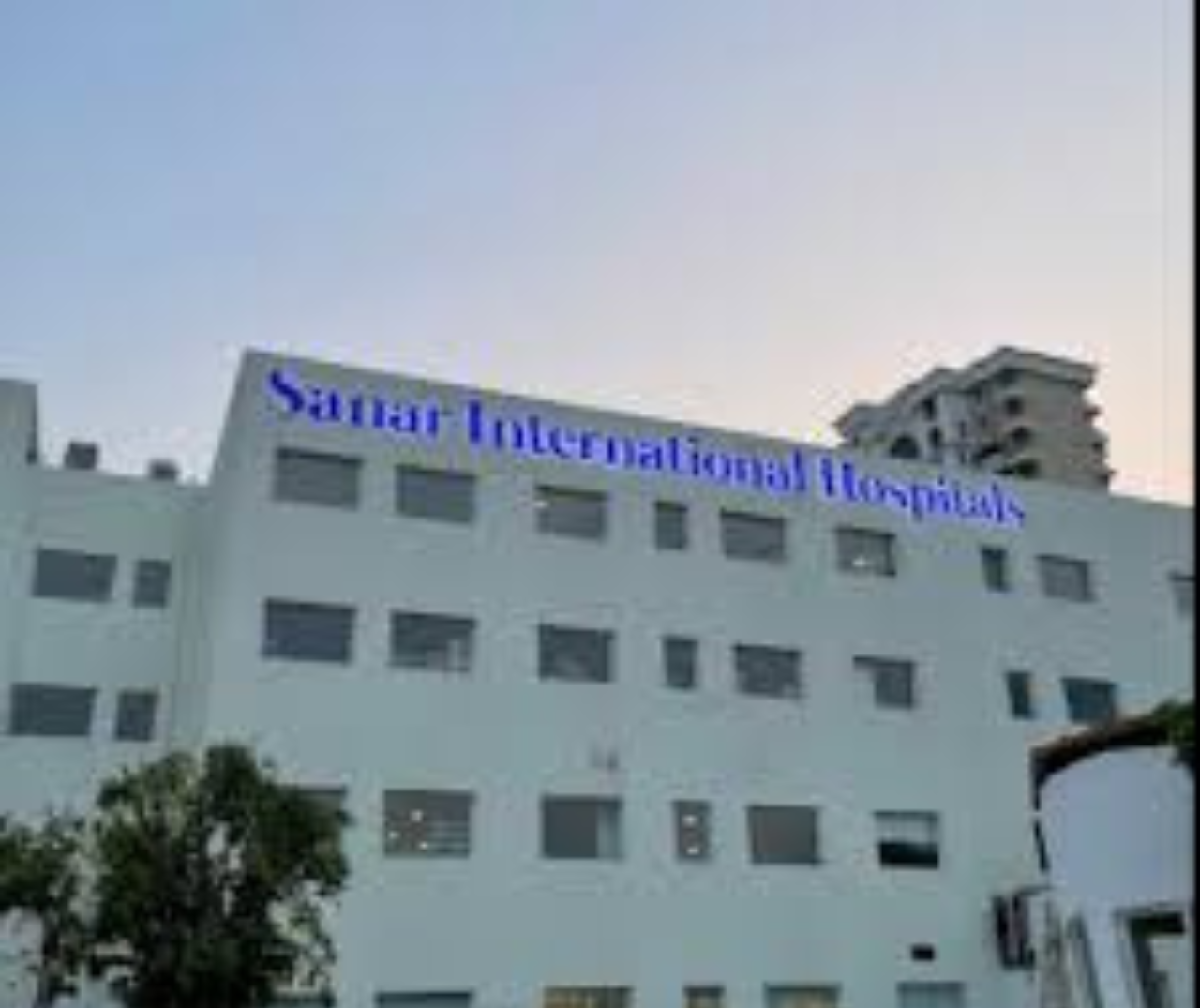


![]() Golf Course Rd, Parsvnath Exotica, DLF Phase 5, Sector 53, Gurugram, Haryana Gurgaon, 122022 India
Golf Course Rd, Parsvnath Exotica, DLF Phase 5, Sector 53, Gurugram, Haryana Gurgaon, 122022 India
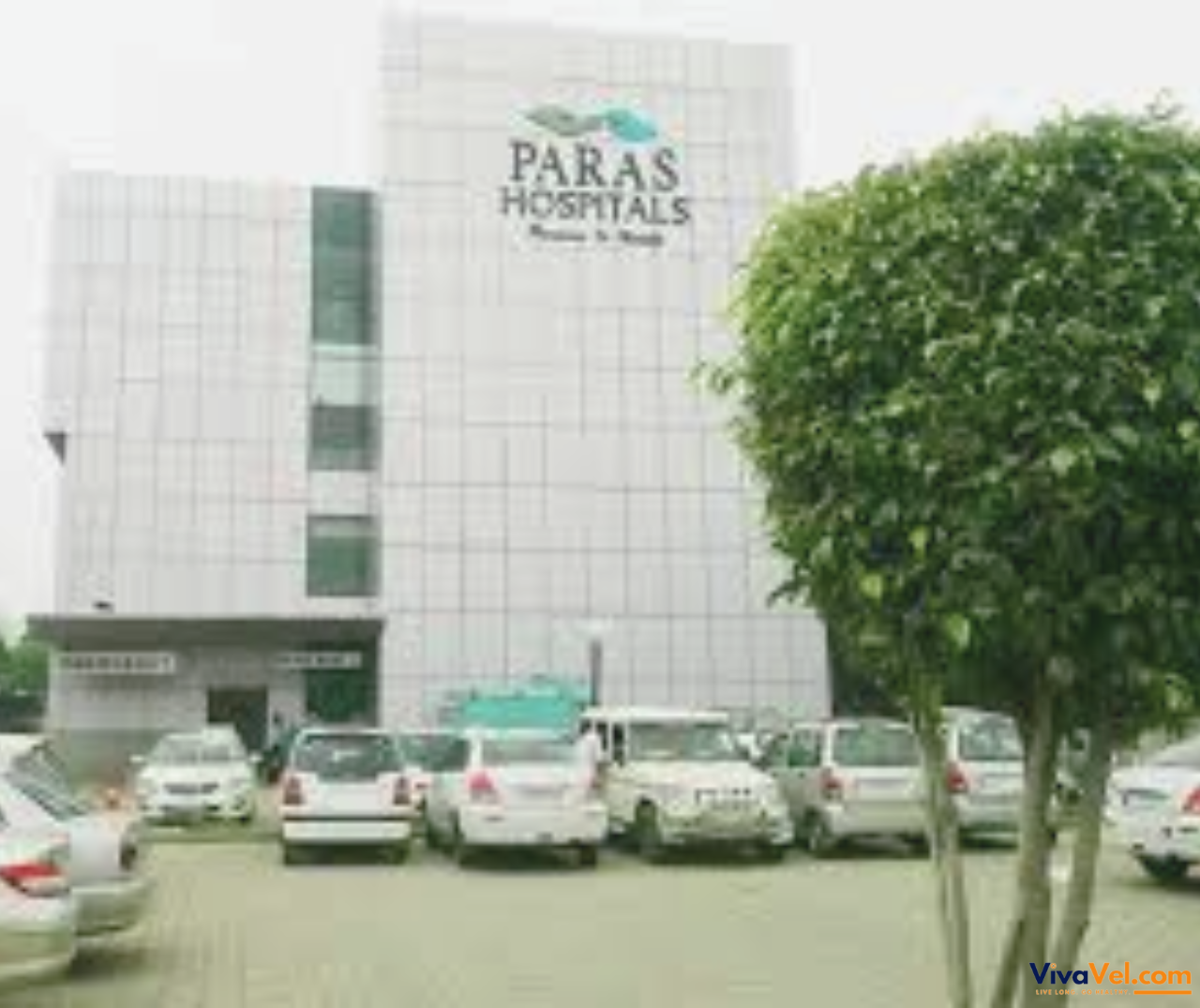


![]() C-1, Sushant Lok- 1, Sector-43, Phase- I, Gurugram, Haryana, 122002
C-1, Sushant Lok- 1, Sector-43, Phase- I, Gurugram, Haryana, 122002

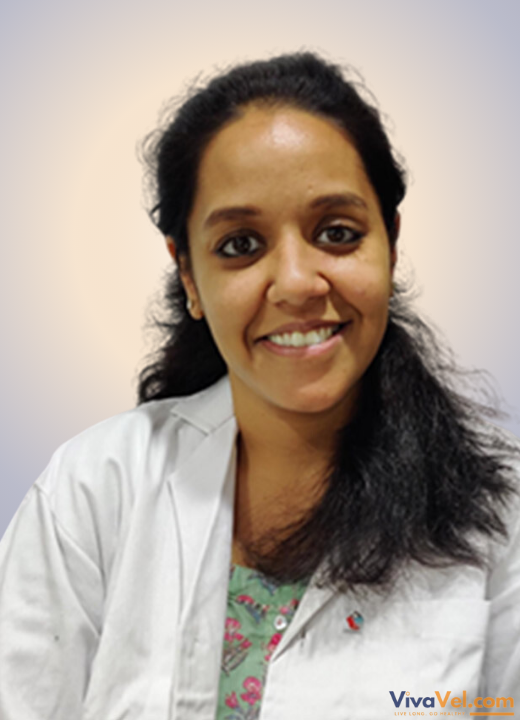
Dr. Pooja Agarwal stands out as one of the oncologists in Kolkata, specializing in breast cancer surgery. With over 10 years of experience, she has earned a reputatio...

Dr. Harsh Vardhan Atreya is a prominent Consultant Medical & Hemato-Oncologist specializing in Bone Marrow Transplantation. With training from esteemed institutio...
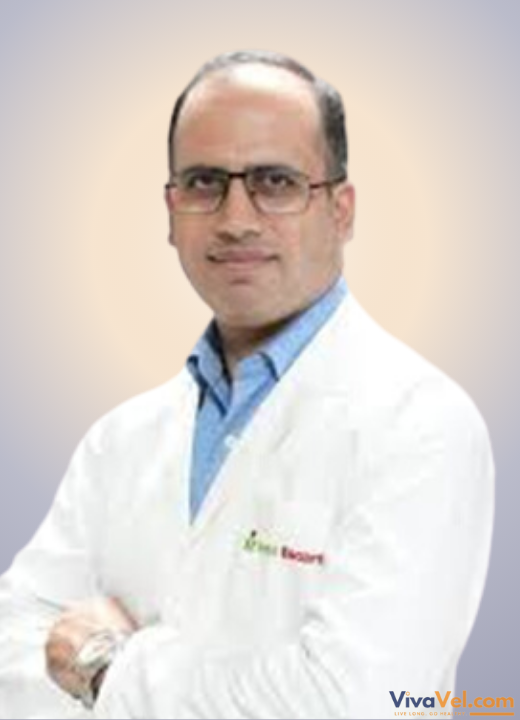
Dr. Imran Khan has joined Fortis Escorts in Okhla Road, New Delhi, as an Associate Consultant in Medical Oncology. He brings over 12 years of experience in oncology. ...
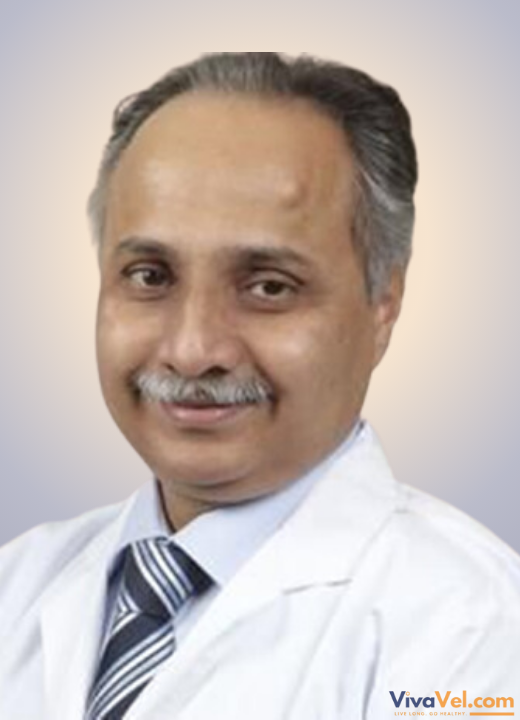
Dr. Harit K Chaturvedi heads the Max Institute of Cancer Care. He has been with Max Healthcare since 2009 and has worked hard to create one of the best cancer treatme...
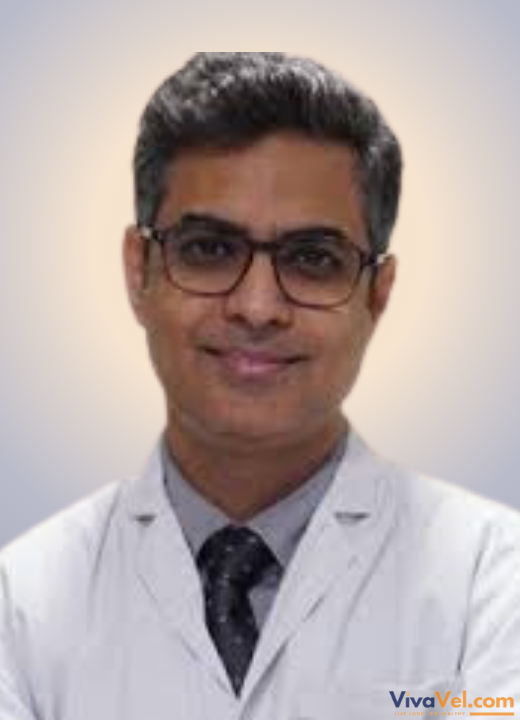
Dr. Asit Arora is a highly regarded Surgical Gastroenterologist specializing in Gastrointestinal and Hepat-pancreato-biliary (HPB) surgery. He is based in the Delhi N...

Dr. Nikhil Agrawal is a distinguished Gastrointestinal (GI) and Hepato-Pancreato-Biliary (HPB) Surgical Oncologist, serving as the Director of GI-HPB Surgery and Oncology at ...
Treatment Plan & Cost within 2 days
